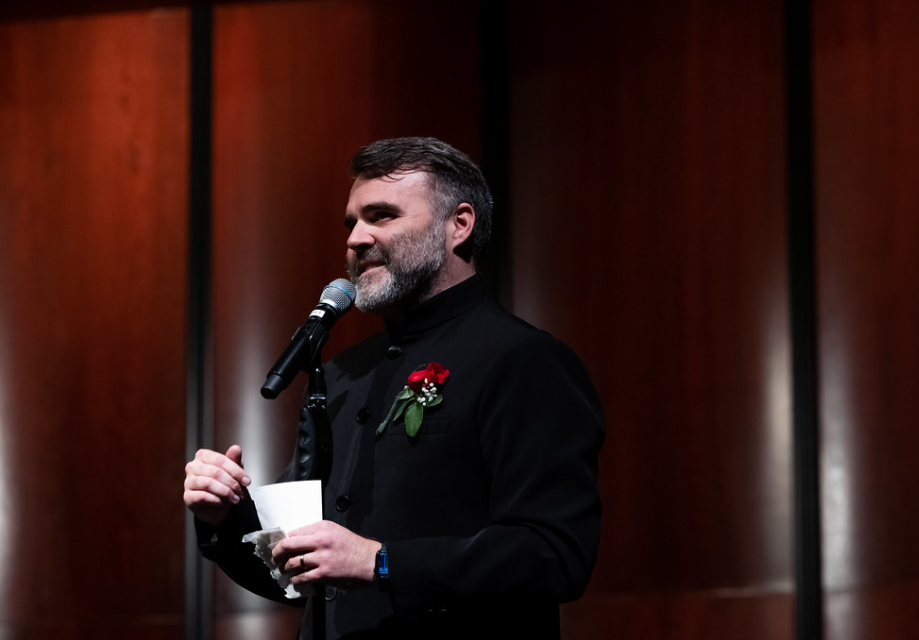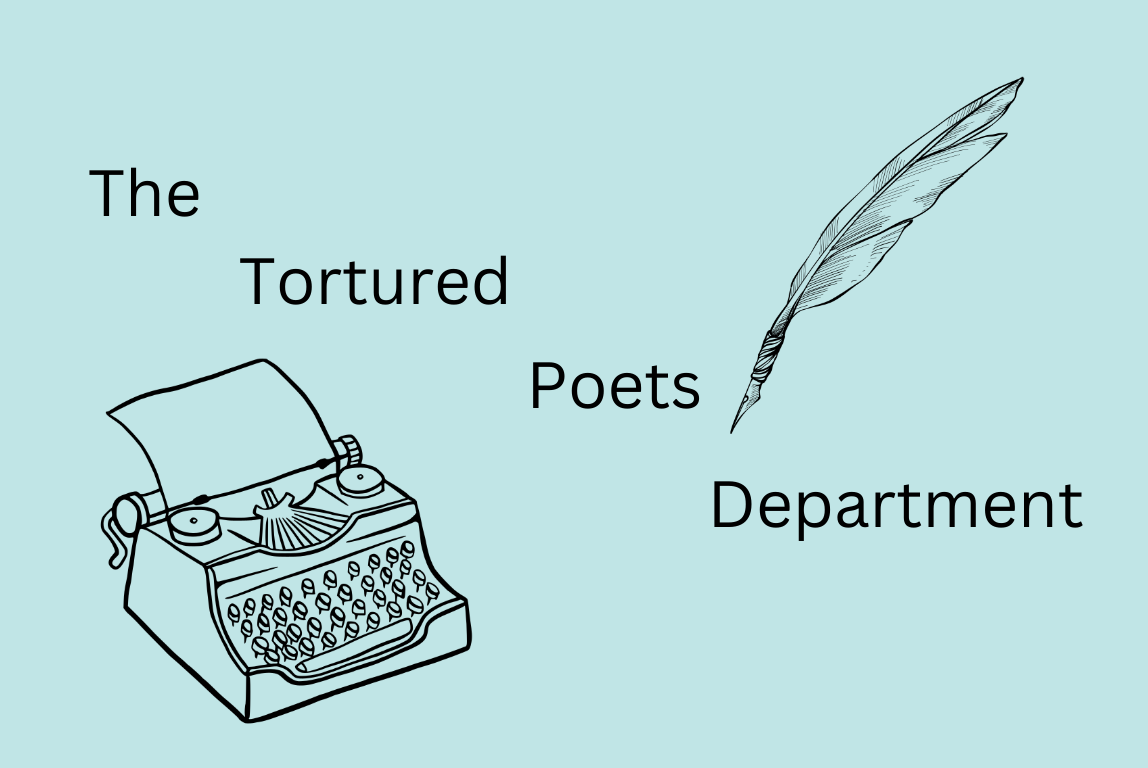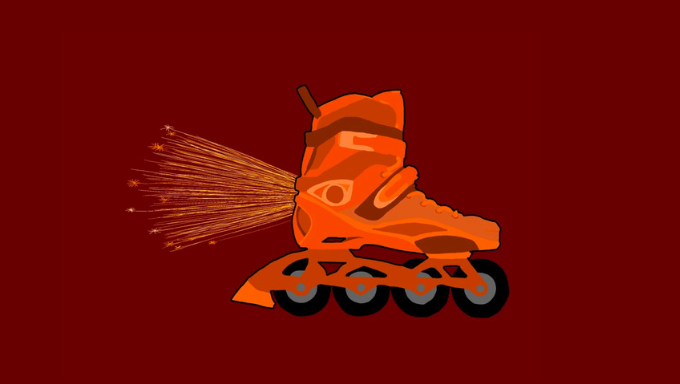Among the vast range of musicians in Austin, Texas, one band is taking a unique approach to punk music.
Big Bill is a punk band in the Austin area consisting of Guitarist Alex Riegelman, Bassist Alan Lauer, Vocalist Eric Braden, and Drummer Jeff Olson. Formed in 2011, the band has been active in Austin’s music scene, performing at events like South by Southwest (SXSW) and recording two full-length albums featuring musicians and producers from the Austin area.
While they are in the realm of punk, their music aims to gain attention from Austinites by making it more lighthearted and fun, while still maintaining some of the signature characteristics of the genre.
“I would say we first started describing it as cartoon punk because saying just ‘punk’ can conjure up a very specific kind [of] music, but I’d say we’re more in the wave of a more weird interpretation of punk,” Riegelman said. “[Our music involves] being weird, but also being fun, accessible, and enjoyable for anybody.”
Big Bill unclouded after brothers Eric and Cody Braden had moved to the Austin area and were introduced to its music community. Inspired by the work of the legendary underground band, The Monks, the band developed a unique flavor of punk which made them known in the music scene. Current Bassist Alan Lauer, who was in the Austin punk scene at the time, had joined the band after hearing Big Bill live and being impressed by their music.
“Big Bill practiced in the same space as the band I used to be in, and they had a sound unlike anything I had ever heard,” Lauer said. “I got to know them in the parking lot of the practice space over a little bit of time, and when they eventually needed a replacement drummer, I took the job and have been the drummer for about eight years.”
Guitarist Alex Riegelman had also joined the band in a similar fashion.
“[My friend, Will, and I] were recording one of Cody’s other bands, but we messed up one of their tracks and felt really bad about it,” Riegelman said. “We invited him to record his band an EP for free and while they were waiting for me to come home from work, Will showed Cody some of my own songs and Cody really liked it, so when Big Bill needed a new bass player, Cody threw my hat in the ring.”
While Big Bill benefits from the large community of musicians within Austin, they also benefit from the ever-growing audience the community has. Their emphasis on connecting with the audience through interactions at shows particularly shines because of how wide they can expand their reach in Austin’s music community. Riegelman believes that Austin is atypical to most other music scenes in a good way and has propelled the band.
“What’s unique about Austin — and I think only comparable to places like New York, Chicago, LA, and bigger cities like Seattle maybe — is that there’s always somewhere you can play [music],” Riegelman said. “If you’re just a fan of music, you can see music every night of the week.”
Reflecting on the geographic effect of their music’s trajectory, the band highlighted that music is not merely just a form of entertainment in Austin but rather a part of the identity of the residents.
“There’s an understanding that this is a music city,” Lauer said. “You might [think] we have to shut down the music because the people who are paying an exorbitant rent here want that to happen. But in Austin, music is a priority to the people who live here, and people have an understanding that music is what brings others here.”
Big Bill’s most recent full length-album Public-Freakout-Compilation is a reflection of the differing tastes and writing styles of each member of the band. With their conflicting work schedules, the band decided to take a different approach to recording their album by collaborating with a diverse range of sound engineers to get multiple songs recorded, mixed, and mastered at the same time.
“There were a lot of recording engineers in town that we wanted to work with, and so we thought, ‘what if we record with all these different engineers and then put all of them together so that the album was recorded by five or six different people?'” Riegelman said.
With sounds ranging from fast and chaotic to slow and soft, the band also managed to diversify their sound by incorporating the music tastes of each band member, which allowed them to create an album like no other.
“We all have wildly different tastes and ideas which is how our sound was made. It had to go through the four filters of everyone’s aesthetic or artistic ideas, so it ended up becoming something that none of us could have done on our own,” Lauer said.
Big Bill continues to play live shows in the downtown Austin area and hopes to continue making punk music and expanding their audience through local music.














